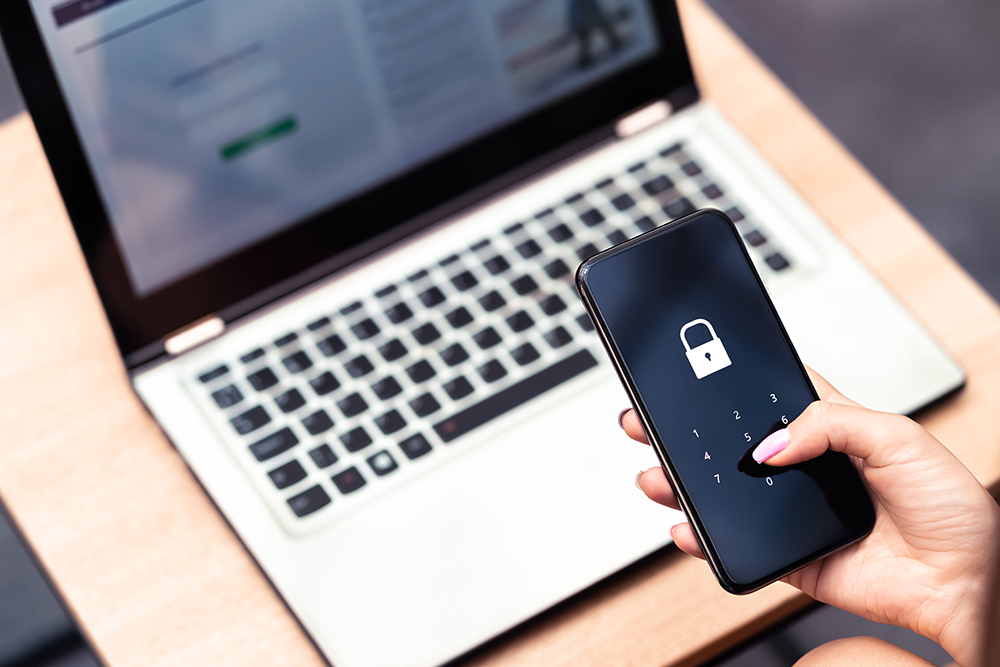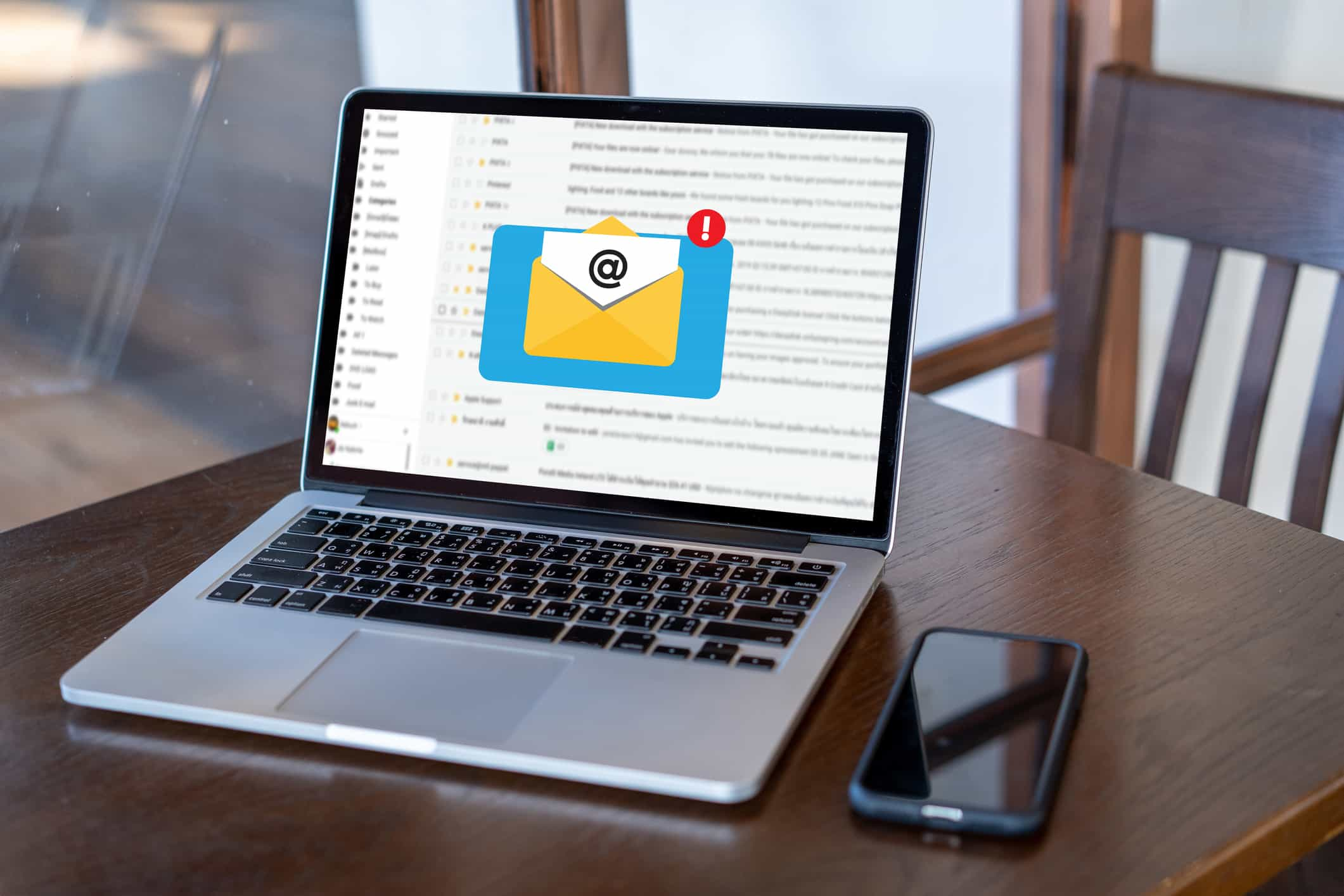Protect Yourself Against Phishing, Smishing & Vishing
The key differences between phishing, smishing and vishing come down to how fraudsters gain access to your data. With each type of fraudulent behavior, the attack could compromise your personal information.
Phishing
Phishing uses email to trick recipients into providing personal information. Phishing is one of the oldest types of online fraud yet it’s still one of the most common that people fall victim to. Fraudsters generally send out an email to many email addresses simultaneously with the hopes of someone clicking the embedded link and then providing personal information. Or fraudsters may send a URL that could automatically download harmful software to your computer or smartphone that allows them to access your personal information. There are certain cases where fraudsters will target a specific individual based on a social or financial status.
Smishing
Smishing uses text messages to convince a recipient to tap on a link that will gather personal information or install harmful software on your phone. It’s a somewhat new form of fraud where fraudsters bank on the increasing use of text messaging as a form of communication from businesses. A fraudster typically pretends to be a well-known business by including a text with an official logo or similar phone number. Common smishing scams include gift cards or other prize winnings, low-interest or no-interest credit cards, student loan debt forgiveness or preying on your charitable impulses. The opening prompt may include your name and address, which can be easily found through an online search.
Vishing
Vishing uses phone calls and voicemail to obtain your personal information. Fraudsters will use fake names or pose as an employee of a well-known business or financial institution to gain your trust. They use highly crafted scripts to get you to confirm your identity by providing your social security number or birthday which they may later use to unlock your accounts. Voicemails left on your phone are usually urgent in nature. The fraud is hard to identify since they often use blocked numbers.
Ways to Prevent Phishing/Smishing/Vishing:
- If you don’t recognize the email address or phone number, do not respond or tap any links within the message. Even responding with “stop communicating” will let fraudsters know the email or number is active.
- Never provide personal information in response to unsolicited communication.
- If you believe the sender is legitimate, contact the institution yourself before responding or clicking on links.
- Remember that government agencies and legitimate companies — including CommunityAmerica — will never contact you asking for account details. If there’s any doubt, contact that organization through another trusted channel.
- Be wary of red flags such as urgent messages or get-rich quick schemes.
- Always keep your phone’s operating system up-to-date to protect against malware hidden in smishing or phishing links.
If you notice any suspicious activity related to your CommunityAmerica accounts, please contact us as soon as possible via 913.905.7000 or [email protected]. You can also visit our Fraud Prevention pages for more helpful insights to keeping your personal information safe.







